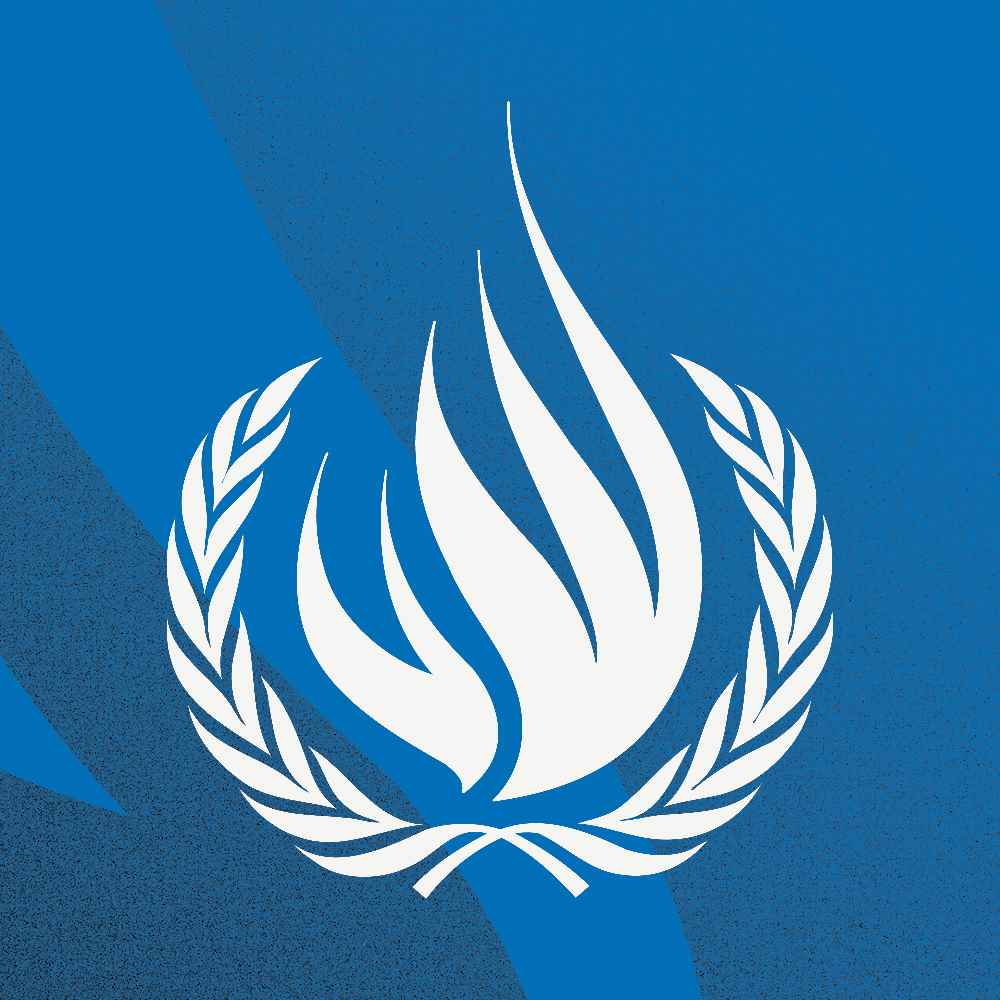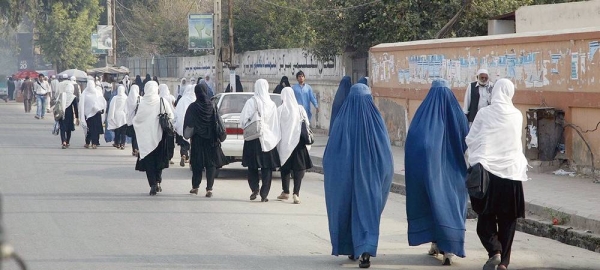
GENEVA (11 May 2023) – UN experts* today expressed alarm at a recent announcement by the de facto Supreme Court in Afghanistan sanctioning the use of punishments including stoning, flogging and burying under a wall.
“Stoning people to death or burying them under a wall constitutes torture or other cruel, inhuman, or degrading treatment or punishment,” the experts said. “These cruel punishments are contrary to international law.”
On 4 May 2023, the de facto Deputy Chief Justice announced that courts across the country had sentenced 175 individuals to Qisas (retribution in kind) punishments and 37 to stoning. Other sentences included knocking down walls on four individuals and condemning 103 individuals to Hudood (crimes against God) punishments, such as lashing. The de facto Deputy Chief Justice did not specify a timeline for implementation of these sentences.
Appalled by the brutal and undignified nature of these punishments, the experts noted with concern that “women are more likely to be sentenced to death by stoning, due to deeply entrenched discrimination and stereotypes against them, including deep-rooted stereotypes held by the exclusively male judiciary – a manifestation of the gender-based persecution that women and girls endure in Afghanistan.
The experts noted that the de facto authorities have been implementing judicially sanctioned and ad-hoc corporal punishments following the Taliban Supreme Leader’s guidance in a meeting of judges on the application of Hudood and Qisas punishments in November 2022. Since then, 274 men, 58 women and two boys have been publicly flogged and one judicially sanctioned execution has been carried out, according to UNAMA.
Both the International Covenant on Civil and Political Rights and the Convention against Torture and Other Cruel, Inhuman or Degrading Treatment or Punishment, to which Afghanistan is a State party, prohibit torture and other cruel, inhuman or degrading punishment.
Afghanistan is also a State party to the Convention on the Elimination of All Forms of Discrimination Against Women which outlaws discrimination against women as well as “prejudices and customary and all other practices which are based on the idea of the inferiority or the superiority of either of the sexes or on stereotyped roles for men and women.”
The experts expressed serious concerns about the fairness of trials preceding corporal punishment and death sentences. “International human rights law prohibits such cruel sentences – in particular the death penalty – following trials without requisite fair trial guarantees,” they said.
“We urge the de facto authorities to immediately establish a moratorium on the death penalty and all forms of corporal punishment including flogging, amputation and other corporal punishment, each of which constitute torture or another form of cruel and inhuman punishment,” the experts said.
ENDS
*The Experts: Richard Bennett, Special Rapporteur on the situation of human rights in Afghanistan; Alice Jill Edwards, Special Rapporteur on Torture and other Cruel, Inhuman or Degrading Treatment or Punishment, Fionnuala Ní Aoláin, Special Rapporteur on the promotion and protection of human rights while countering terrorism, Nazila Ghanea, Special Rapporteur on freedom of religion or belief; Reem Alsalem, Special Rapporteur on violence against women and girls, its causes and consequences; Dorothy Estrada Tanck (Chair), Ivana Radačić (Vice-Chair), Elizabeth Broderick, Meskerem Geset Techane and Melissa Upreti, Working Group on discrimination against women and girls; Margaret Satterthwaite, Special Rapporteur on the Independence of Judges and Lawyers.
The Special Rapporteurs, Independent Experts and Working Groups are part of what is known as the Special Procedures of the Human Rights Council. Special Procedures, the largest body of independent experts in the UN Human Rights system, is the general name of the Council’s independent fact-finding and monitoring mechanisms that address either specific country situations or thematic issues in all parts of the world. Special Procedures’ experts work on a voluntary basis; they are not UN staff and do not receive a salary for their work. They are independent from any government or organization and serve in their individual capacity.
For more information and media requests, please contact
Naveed Ahmad
(Naved.ahmad@un.org)
For media inquiries related to other UN independent experts, please contact
Maya Derouaz
(maya.derouaz@un.org) or
Dharisha Indraguptha
(dharisha.indraguptha@un.org)
Follow news related to the UN"s independent human rights experts on Twitter @UN_SPExperts
Concerned about the world we live in?
Then STAND UP for someone"s rights today.
#Standup4humanrights
and visit the web page at http://www.standup4humanrights.org









